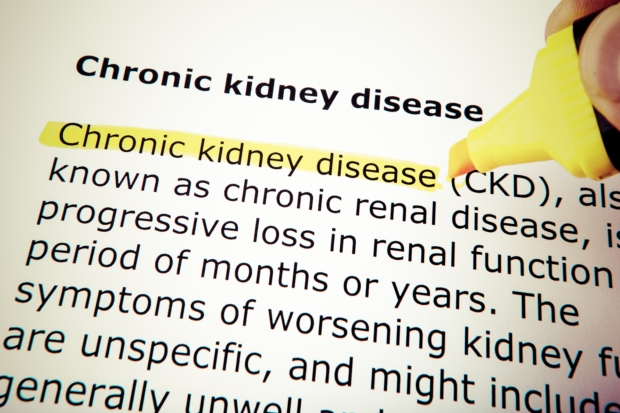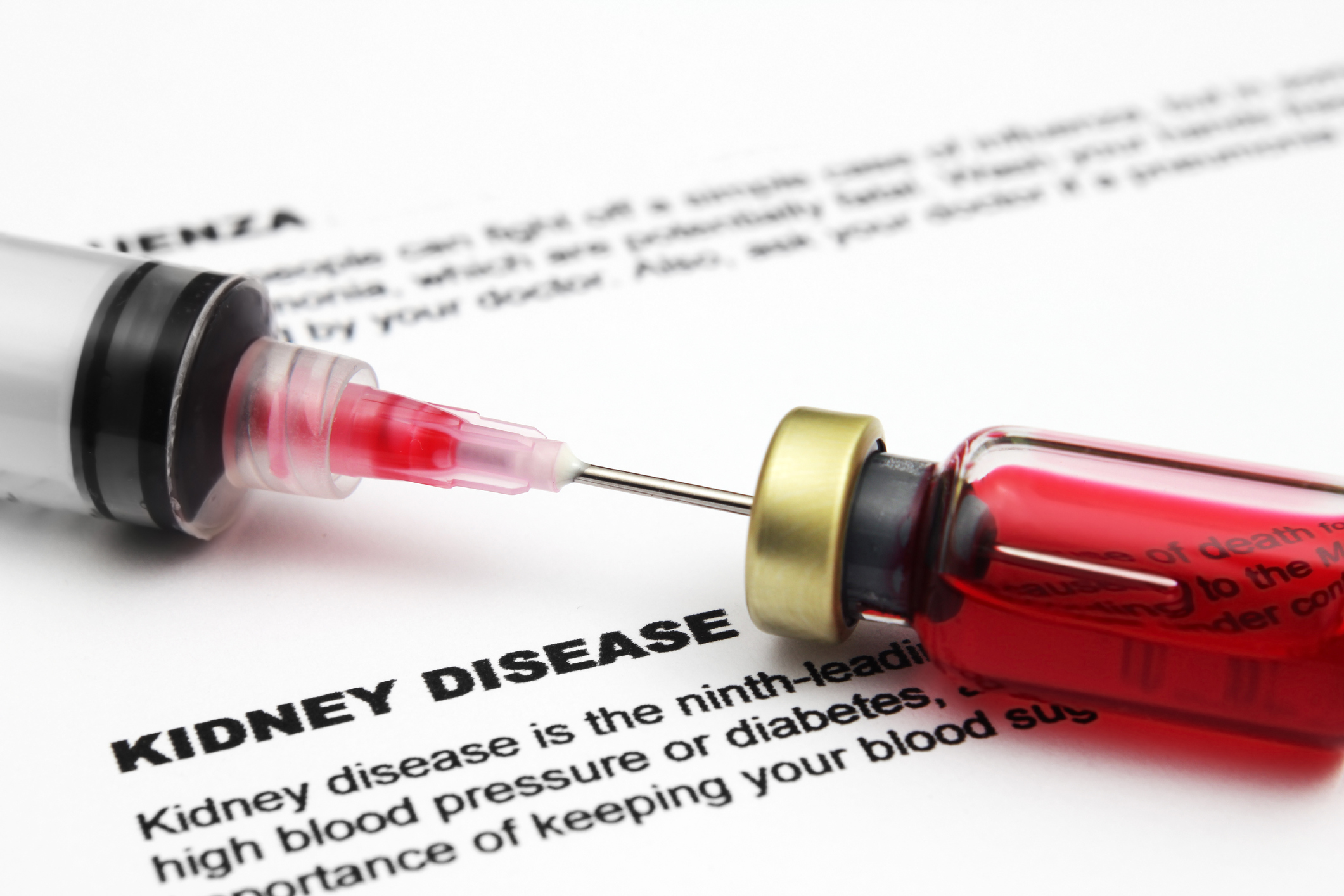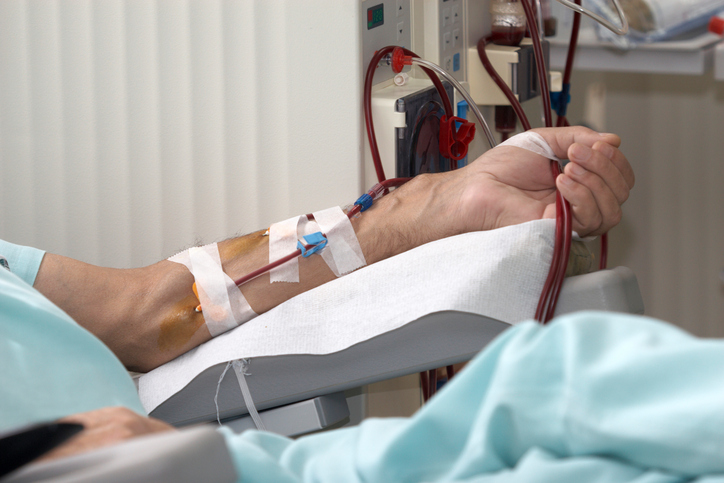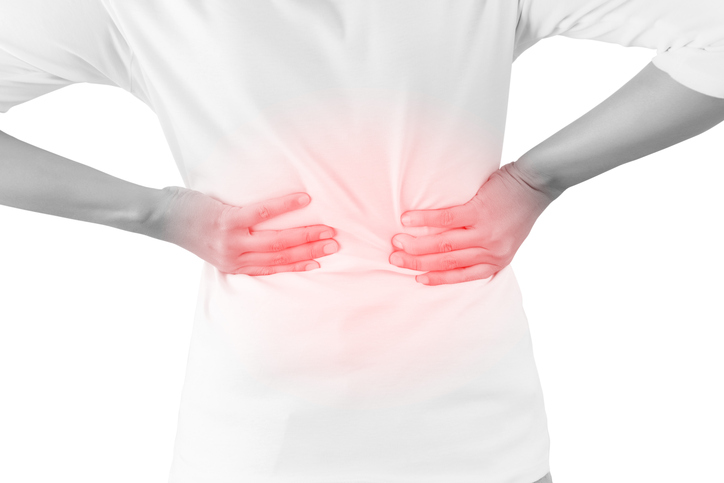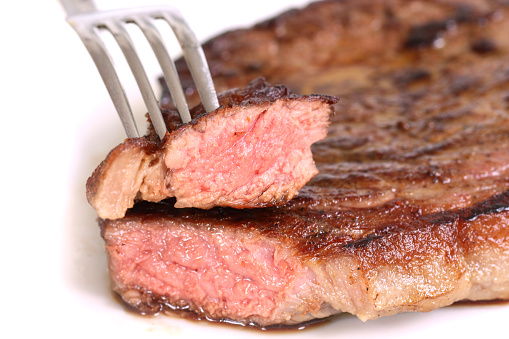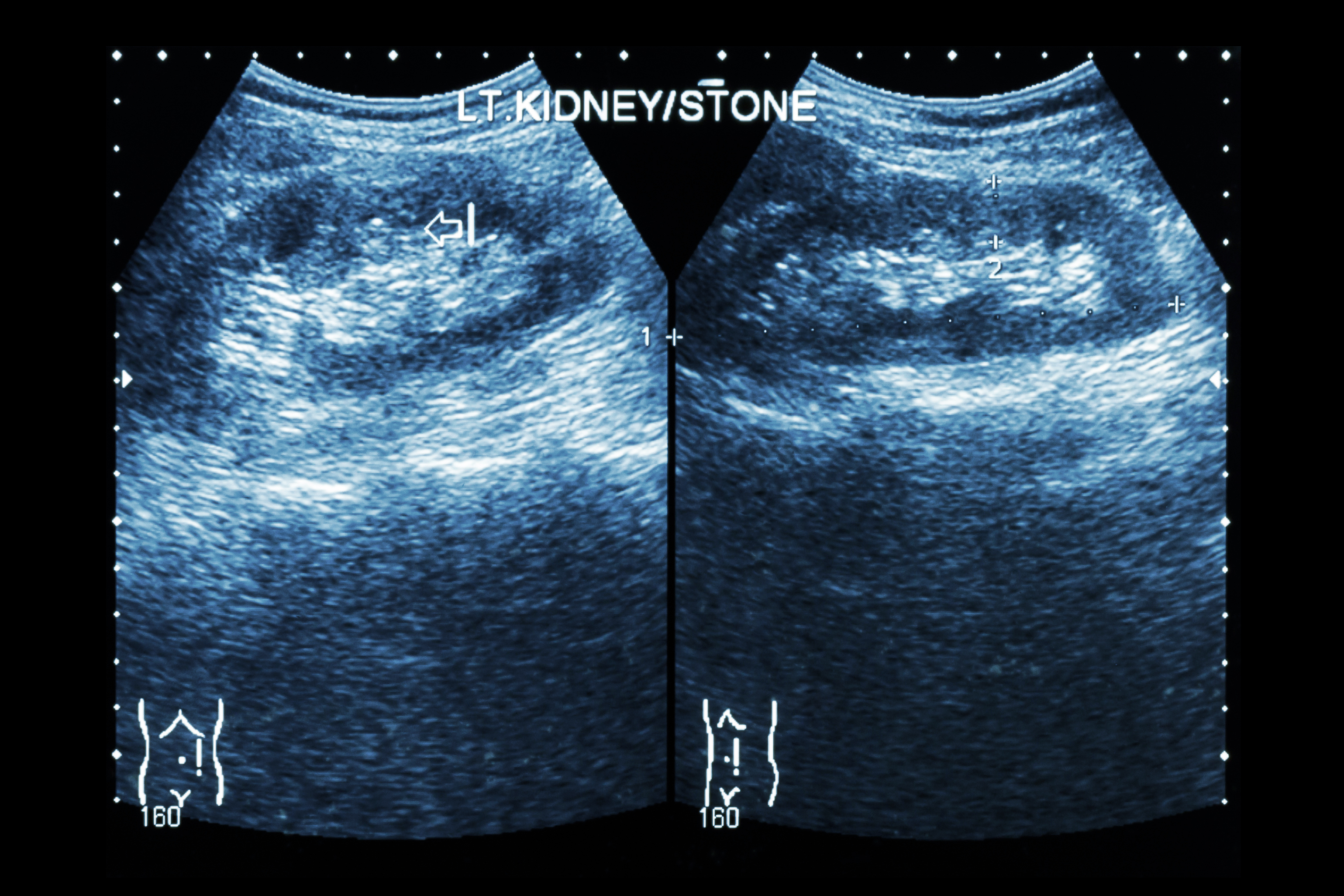Stage 3 chronic kidney disease: Symptoms, diet, and treatment
In chronic kidney disease (CKD), kidney function doesn’t fail at once. The condition, in fact, progresses over time and through stages. The success of the treatment often depends on which stage chronic kidney disease is diagnosed at. For best outcomes and prevention of complications, the condition should be detected as early as possible. Chronic kidney ...click here to read more

